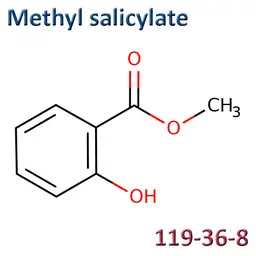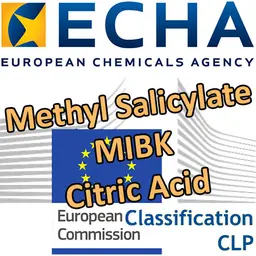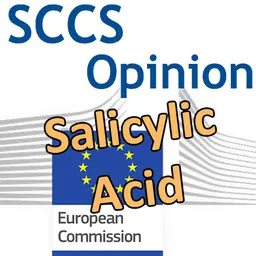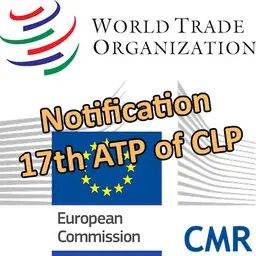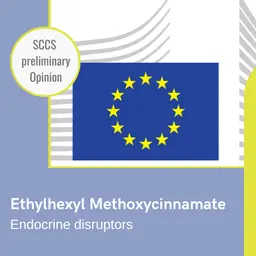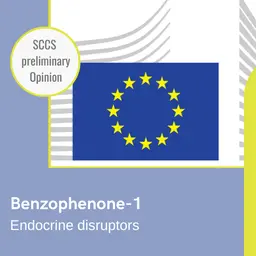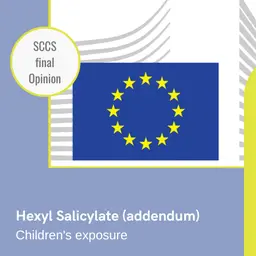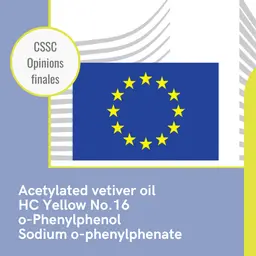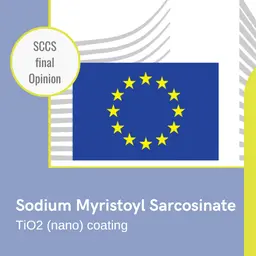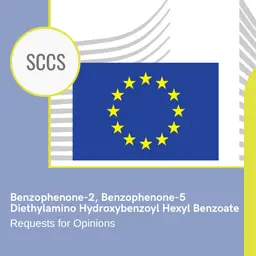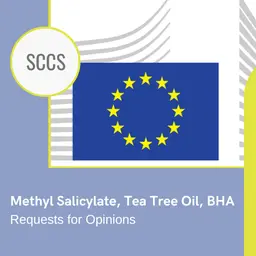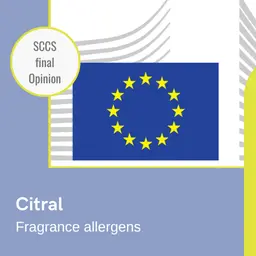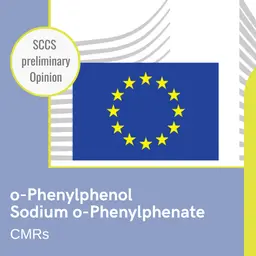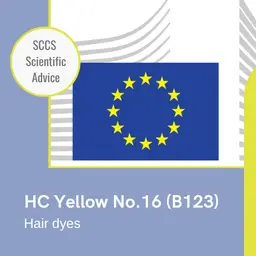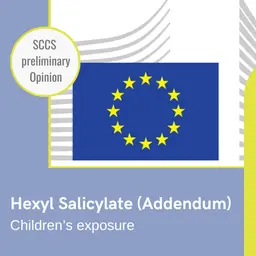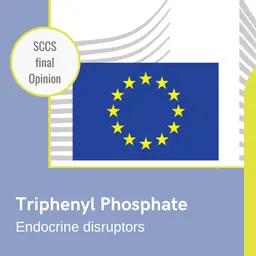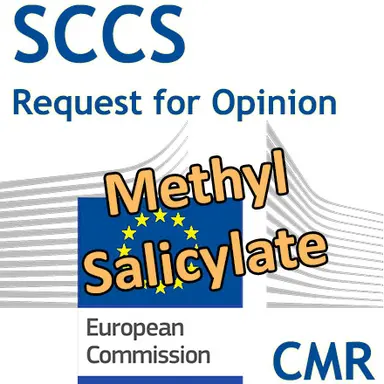
Following its probable forthcoming classification as CMR2, which would prohibit a priori its use in cosmetic products, Methyl Salicylate will be subject to a safety assessment by the CSSC, which will have to study the conditions for a possible exemption to this prohibition. The request was made by the European Commission and was published on 16 September 2020. The Scientific Committee accepted this mandate by written procedure on 16 September 2020.
Background
Methyl Salicylate (CAS: 119-36-8; EC number: 204-317-7) is the INCI name of methyl 2-hydroxybenzoate, an ingredient used in many fragrance mixtures and as flavouring and soothing agent in oral hygiene products. It is manufactured in and imported into the European Economic Area in quantities of 1000-10000 tonnes per year (ECHA website, 2018).
Methyl Salicylate is not listed in the Annexes to the EU Cosmetic Products Regulation No.1223/2009 on cosmetic products (Cosmetics Regulation) and its use is not otherwise restricted in cosmetic products.
The European Risk Assessment Committee (RAC) of ECHA issued in September 2019 an Opinion recommending for Methyl Salicylate a classification as “Toxic for Reproduction Category 2” (i.e. suspected of damaging the unborn child) and “Skin sensitizer Category 1B”. This Opinion was based on a read across with data available on Salicylic Acid.
Methyl Salicylate is the ester of methyl alcohol and salicylic acid. Different studies have shown that Salicylic Acid is the main metabolic product of Methyl Salicylate by hydrolysis. SCCS has issued an Opinion on the safety of Salicylic Acid in 2018 (Corrigendum 2019). Following the RAC Opinion, it is expected that the European Commission will propose a classification for Methyl Salicylate as a “Toxic …

